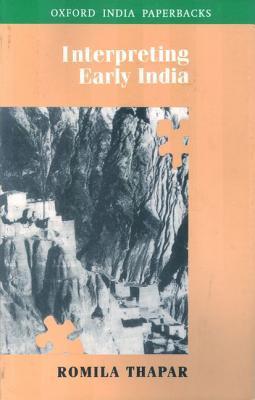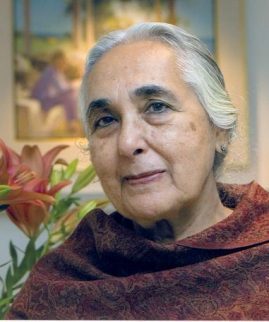
In this study, Romila Thapar argues the importance of understanding and positioning various well-established perspectives on the Indian past in order to arrive at an informed understanding of contemporary situations—such as disputes between Hindus and other Indian communities. It is vitally important for historians and informed lay readers to consider the wide range of opinions and views that are available on the Indian past, interpretations have often risen out of ideological conceptions. Thapar shows that the most influential ideologies which shaped the writing of early India initially had their moorings in European concerns; later, the rise of Indian nationalism questioned many of these conceptions; and most recently, these nationalist interpretations have also been questioned.
Author

Romila Thapar is an Indian historian and Professor Emeritus at the Jawaharlal Nehru University, New Delhi. A graduate from Panjab University, Dr. Thapar completed her PhD in the School of Oriental and African Studies at the University of London. Her historical work portrays the origins of Hinduism as an evolving interplay between social forces. Her recent work on Somnath examines the evolution of the historiographies about the legendary Gujarat temple. Thapar has been a visiting professor at Cornell University, the University of Pennsylvania, and the College de France in Paris. She was elected General President of the Indian History Congress in 1983 and a Corresponding Fellow of the British Academy in 1999.